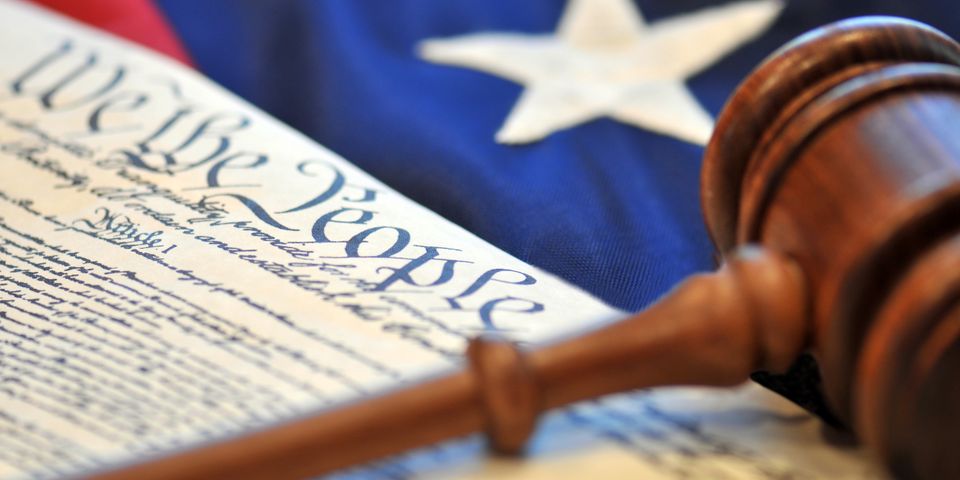
There has been much discussion recently about who and what the First Amendment protects. Many are surprised to learn that the First Amendment does not protect all forms of speech, and those who seek to publish content that could subject them to a defamation or libel lawsuit should first consult with a First Amendment attorney. Below, we will summarize some common questions surrounding First Amendment protections as it relates to the freedom of speech and the press.
A Guide to First Amendment Protections for Media Outlets
What is the First Amendment?
Among other basic freedoms, the First Amendment guarantees freedom of the press and speech. In other words, it prohibits the Government from censoring the press and individuals. This freedom is not unlimited, however, as we discuss below.
What content does the First Amendment not protect?
While the First Amendment prohibits the Government from censoring content others might find offensive, hateful, or even misleading, it is not without its exceptions. For example, it does not protect speech that is likely to incite imminent lawless action. You also cannot knowingly spread misinformation that damages someone's reputation or true threats that include intent to commit a violent act.
Although the First Amendment and state laws provide some immunity to members of the press and news organizations that publish offensive content, they still must adhere to certain standards in order to avoid liability for defamation or libel.
What constitutes defamation?
The First Amendment does not protect citizens from being liable for defamation. There are two different types: libel and slander. Defamatory statements are written are referred to as “libel,” whereas those that are spoken are referred to as “slander.”. Generally, to prove a claim for defamation, the plaintiff must prove the defendant’s statement: (a) was false; (b) about the plaintiff; (c) that was actually published; and (d) the statement damaged his or her reputation. Public figures must also prove that the defendant acted with “actual malice” in making the defamatory statement.
Who monitors media outlets and enforces the First Amendment?
The First Amendment also does not mean the federal government cannot regulate the content of some speech. The Federal Communications Commission (FCC) is responsible for reviewing complaints about content that media outlets broadcast over radio, television, wire, satellite, and cable across the United States. While it cannot ban most content, it can regulate the publishing of obscene material. For example, this is why movies that play on your local television station have been “edited for television.”
The attorneys at Gess Mattingly & Atchison PSC in Lexington have been representing news and media organizations for decades. A full-service practice, their team of attorneys can assist with all kinds of litigation, including real estate law, bankruptcy, and estate planning. Visit the website for more information about their experience with media outlets, and call (859) 252-9000 to schedule a consultation.
About the Business
Have a question? Ask the experts!
Send your question

